Sir Stephen House: Police reforms 'did not cause M9 fatal crash delays'
- Published
Chief Constable Sir Stephen House: ''The organisation needs leadership - I'm providing that leadership''
Scotland's top police officer has said the "massive changes" brought by the creation of the single Police Scotland force were not to blame for a three-day delay in responding to a fatal crash.
Sir Stephen House also said he would not be resigning over the force's handling of the tragedy.
And he welcomed the two investigations being carried out into the incident.
John Yuill and Lamara Bell were found inside the crashed car last Wednesday, three days after it had been reported.
Mr Yuill, 28, is thought to have died on impact after the Renault Clio left the M9 and went down an embankment on the outskirts of Stirling.
Ms Bell, 25, was critically injured and died in hospital at the weekend after suffering broken bones and kidney damage which was caused by dehydration after she spent three days trapped next to the body of her boyfriend.
A local man told the BBC he called the police non-emergency 101 number at 11:30 on Sunday 5 July and was told officers would investigate.
James Shaw: There are already three separate inquiries into different aspects of the case
Sir Stephen has admitted that the initial information received about the crash was not entered into police systems.
It was only when a second call was made by someone else three days later that the car, which had gone down an embankment off the M9 near Stirling, was investigated.
Opposition politicians have called on Sir Stephen to consider his position, but he has been given the backing of First Minister Nicola Sturgeon and Justice Secretary Michael Matheson.
Ms Sturgeon has said there was nothing to suggest the force's handling of the fatal crash had been due to any "wider systemic issue".
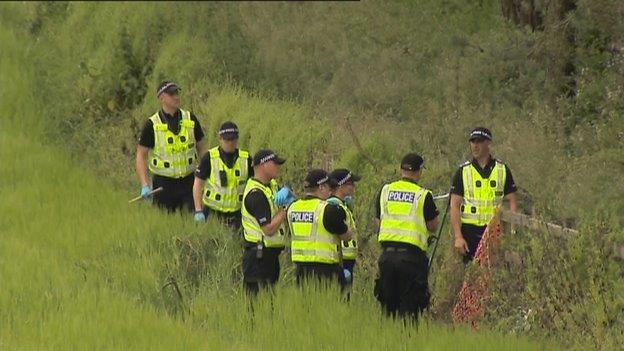
Police returned to the scene of the crash for further investigations
In an interview with BBC Scotland, Sir Stephen acknowledged that the deaths of Mr Yuill and Ms Bell were "a tragic situation" where "we've got things badly wrong".
He said: "We're in the middle of massive change in our call-handling. It's been going on virtually since day one of Police Scotland and it's still going on and it has some way to go.
"I remain confident and convinced the reform we're pushing through is the right way to go and provides a more efficient and more professional service.
"The tragedy is that I'm saying this against the background of two people who have died and that's been our error which we've acknowledged.
"We do work within a budget. Our budget has reduced for the past two years and we're working to an ambitious savings target for this year."
The amalgamation of Scotland's eight regional police forces into a single national force has led to the centralisation of some local control rooms and contact centres, with Glenrothes, Dumfries, Stirling and Pitt Street in Glasgow having already closed.
Aberdeen and Inverness are also set to lose their centres in September and December 2015 respectively.
Sir Stephen said he had spent a "good few hours" on Saturday in the force's contact centres, which deal with phone calls from members of the public.
He added: "The staff there work extremely hard. They are very professional. Of course they are affected by what's happened, but they remain positive and they remain determined to do the best job that they can.
"What this underlines is we take a huge number of calls from the public. This has been a horrible tragedy. I feel it, we all feel it very badly.
"But it should not detract from the fact we're changing the system because we believe it will produce a better system for the public."
Sir Stephen confirmed earlier this year that he is likely to leave his post when his contract ends in September 2016.
He admitted that he had considered his position in the wake of the past week's events, but had decided that the "right thing to do" was to stay in his post.
'Providing leadership'
He said: "In anything like this I consider my position. I think you would be inhuman if you didn't. You see what's happened over the last week and think about that, and I certainly have.
"I believe the right thing to do is to stay to get through this process, to get through this tragic event and the series of events that followed it and to see what can be done to fix the situation.
"I don't want anyone out there thinking I'm the type of person that says 'I'll never go, I'll have to be forced out'. If I come to the conclusion that I should resign then I will resign. I don't believe that's the case at this moment in time.
"This organisation needs leadership, I'm providing that leadership."
A review of police call handling in Scotland has been announced by the Scottish government and will be carried out by Her Majesty's Inspectorate of Constabulary in Scotland (HMICS).
It will be in addition to an ongoing independent inquiry specifically into the M9 incident by the Police Investigations and Review Commissioner (Pirc).
Scottish Liberal Democrat leader Willie Rennie has called for the immediate suspension of Police Scotland's control room and service centre closure program until the HMICS review has been completed.
He said: "Since the control room closures began we have seen increasing reports of high workload pressures and stress in control room workers. Shortages of civilian staff have forced police officers to backfill and cover call centre shifts and people have faced extended waits to have their calls answered.
"These are very serious issues and there is a strong case for the immediate suspension of the ongoing control room closure program until we get to the bottom of the problems in the system".
Scottish Labour MSP Elaine Murray had earlier called for Sir Stephen to consider his position, but stressed: "I think it's important we don't just make a scapegoat of the chief constable.
"This is more than about the management style of one individual, this is about the way in which Police Scotland is operating."
- Published13 July 2015
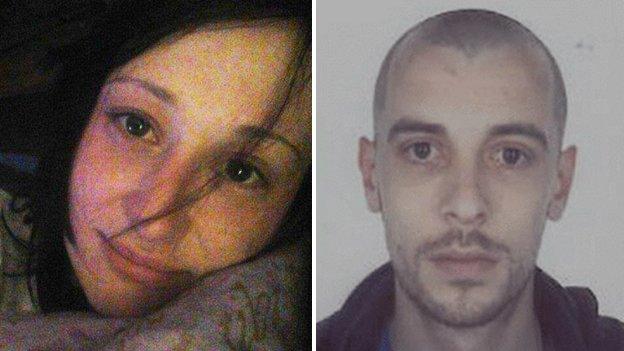
- Published13 July 2015
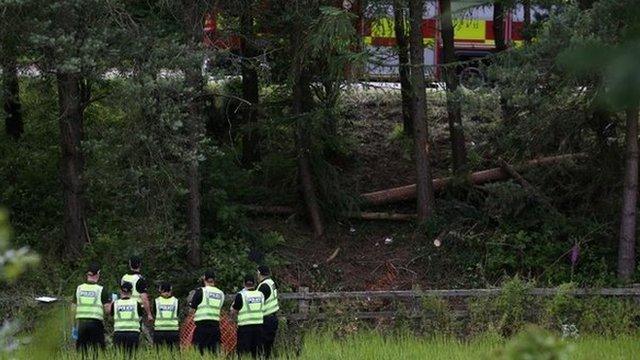
- Published13 July 2015

- Published10 July 2015
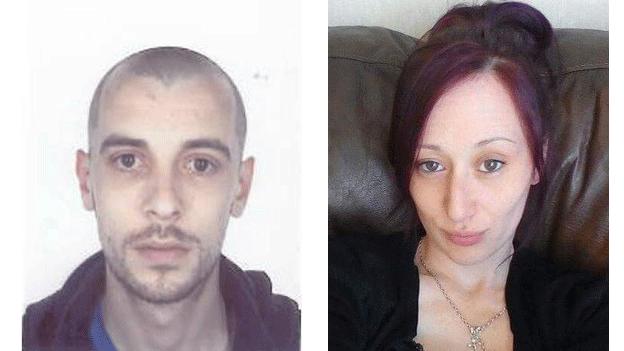
- Published9 July 2015
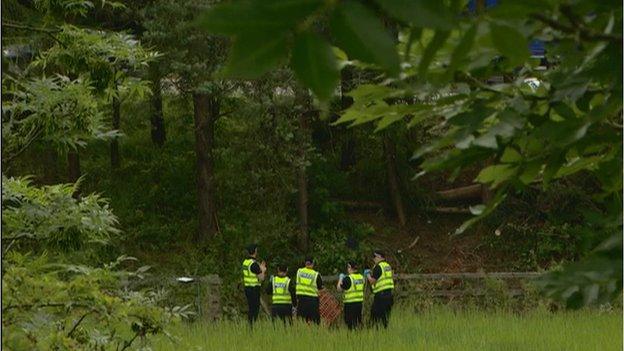
- Published9 July 2015
